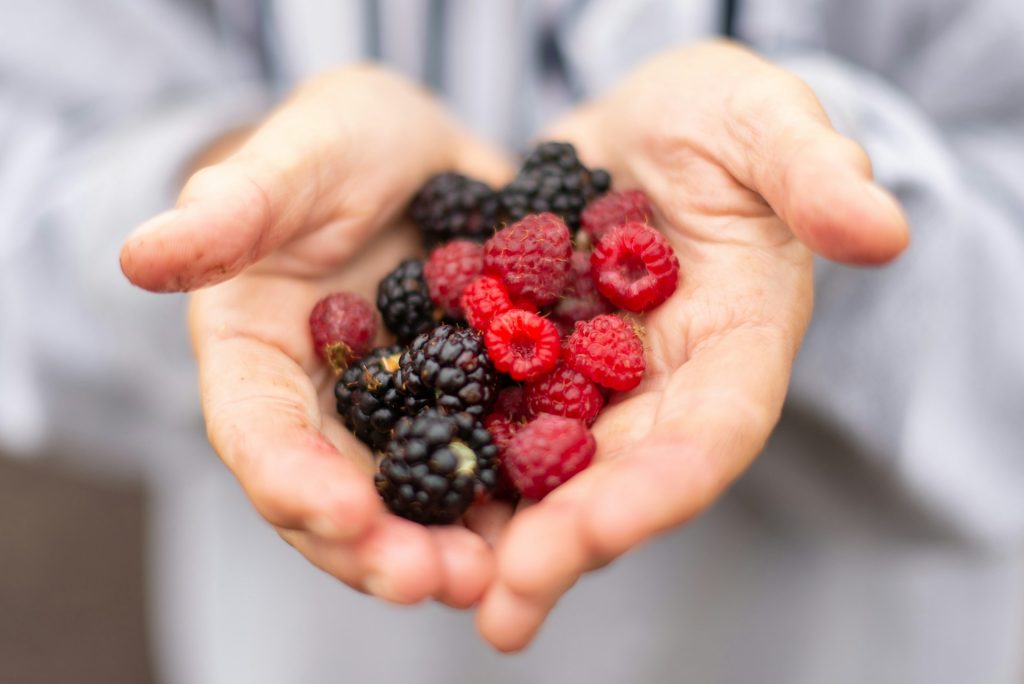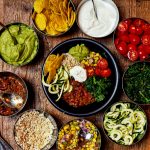Table of Contents
Scientists just discovered that people in the world’s healthiest communities eat these 7 foods daily – and most Americans don’t touch them for weeks. In simple terms, avoid eating oily and greasy food, avoid preserved fruits and meat (especially chicken), and you’ll have a much better life.
The Secret Foods of Centenarians
You’ve probably heard of the Blue Zones – those magical places where people routinely live past 100 years old. What’s their secret? While we’ve been chasing fad diets and supplement trends, these centenarians have quietly been eating the same simple foods for generations.
The surprising truth? These foods aren’t exotic superfoods that cost a fortune. They’re accessible, affordable options hiding in plain sight at your local grocery store. Here’s what the longest-living people on earth eat regularly that most of us don’t.
1. Beans: The Humble Longevity Powerhouse
People in every single Blue Zone eat beans daily. Black beans in Nicoya, Costa Rica. Fava beans in Sardinia, Italy. Soybeans in Okinawa, Japan.
A cup of beans provides as much protein as 2 ounces of meat without the saturated fat. They’re loaded with fiber that feeds your gut microbiome – the community of bacteria in your digestive system now linked to everything from immune function to brain health.
Harvard researchers found that eating just 1/2 cup of beans daily increases lifespan by an average of 4 years. Yet 80% of Americans go entire weeks without eating a single bean. Making this one change could add years to your life with minimal effort.
2. Fermented Foods: Your Gut’s Best Friend
Kimchi, sauerkraut, kefir, yogurt – these foods might smell strong, but they pack a powerful punch for longevity. Every Blue Zone community consumes fermented foods daily.
These probiotic powerhouses introduce beneficial bacteria directly into your digestive system. A Stanford study found that eating fermented foods increases microbiome diversity and reduces inflammatory markers more effectively than fiber alone.
Start small with a spoonful of sauerkraut with dinner or unsweetened yogurt with breakfast. Your taste buds adjust surprisingly quickly, and your body will thank you for decades to come.
3. Dark Leafy Greens: The Ultimate Anti-Aging Food
When researchers analyzed the diets of the world’s healthiest populations, one pattern emerged clearly: they all eat dark leafy greens daily.
The Ikarians of Greece gather and eat over 70 different wild greens throughout the year. These greens contain compounds that combat oxidative stress and inflammation – the primary drivers of aging and chronic disease.
The calcium in greens like kale and collards is more bioavailable than dairy calcium. The folate in spinach supports DNA repair. The lutein in greens protects vision and cognitive function. Just one cup of greens daily was linked to an 11% reduction in mortality risk in a major European study.
4. Nuts: The Perfect Daily Snack
A handful of nuts daily might be one of the simplest longevity hacks available. Every Blue Zone community eats nuts regularly.
The Adventist Health Study found that nut-eaters live 2-3 years longer than those who avoid nuts. Even more impressive: regular nut consumption was linked to a 39% reduced risk of heart disease.
Almonds, walnuts, pistachios – the specific type matters less than the habit. Keep a small container of mixed nuts in your car, desk, or bag for an easy snack that could literally add years to your life.
5. Wild-Caught Fish: Brain Food for the Ages
Sardinians and Okinawans both maintain exceptional cognitive function into their 90s and beyond. One common denominator? Small, fatty fish are eaten several times weekly.
Wild salmon, sardines, mackerel, and anchovies contain high levels of omega-3 fatty acids DHA and EPA, which form the structural components of brain cells. They’re also rich in vitamin D and selenium.
A 2023 study in the journal Neurology found that eating fatty fish twice weekly was associated with 14% less brain shrinkage with age. A small investment in quality seafood today could preserve your cognitive ability decades from now.
6. Berries: Nature’s Candy with Anti-Aging Benefits

Blueberries, strawberries, blackberries – these colorful fruits don’t just taste good. They’re packed with anthocyanins and other compounds that literally slow cellular aging.
A landmark study from Tufts University found that blueberries improve memory and delay brain aging by up to 2.5 years. Additional research shows berries increase blood flow to the brain within hours of consumption.
The best part? Frozen berries maintain nearly all their nutritional benefits at a fraction of the cost of fresh. Add a handful to your morning oatmeal or afternoon yogurt for a sweet treat that doubles as preventative medicine.
7. Olive Oil: Liquid Gold for Your Cells

Centenarians in Mediterranean Blue Zones consume olive oil daily – often a quarter cup or more. Not just a drizzle on salad, but a substantial amount incorporated throughout meals.
Extra virgin olive oil contains over 30 polyphenol compounds with powerful anti-inflammatory effects. It’s been shown to reduce blood pressure, improve cholesterol profiles, and even protect against depression.
A 2022 study in the Journal of the American College of Cardiology found that higher olive oil consumption was associated with a lower risk of death from all causes. Cook with it, drizzle it, even take a spoonful straight – your body will use every drop to rebuild healthier cells.
Your Longevity Prescription
The world’s healthiest people aren’t following complicated diet plans. They’re simply eating real foods that humans have consumed for generations. Their bodies are healthier because they’re giving them exactly what they were designed to use.
Make these seven foods regular features in your kitchen, and you’ll be taking a giant step toward not just living longer, but living better.

Hi! I’m Dave, a longtime biohacker focused on natural ways to improve health and performance. My work revolves around analyzing the science behind cognitive enhancers, nutrition, and longevity strategies. I’m particularly interested in natural nicotine products and their effects on focus and energy. Everything I share is based on research and real-world application, ensuring practical, reliable insights. Please note, none of the information shared here is medical advice.




